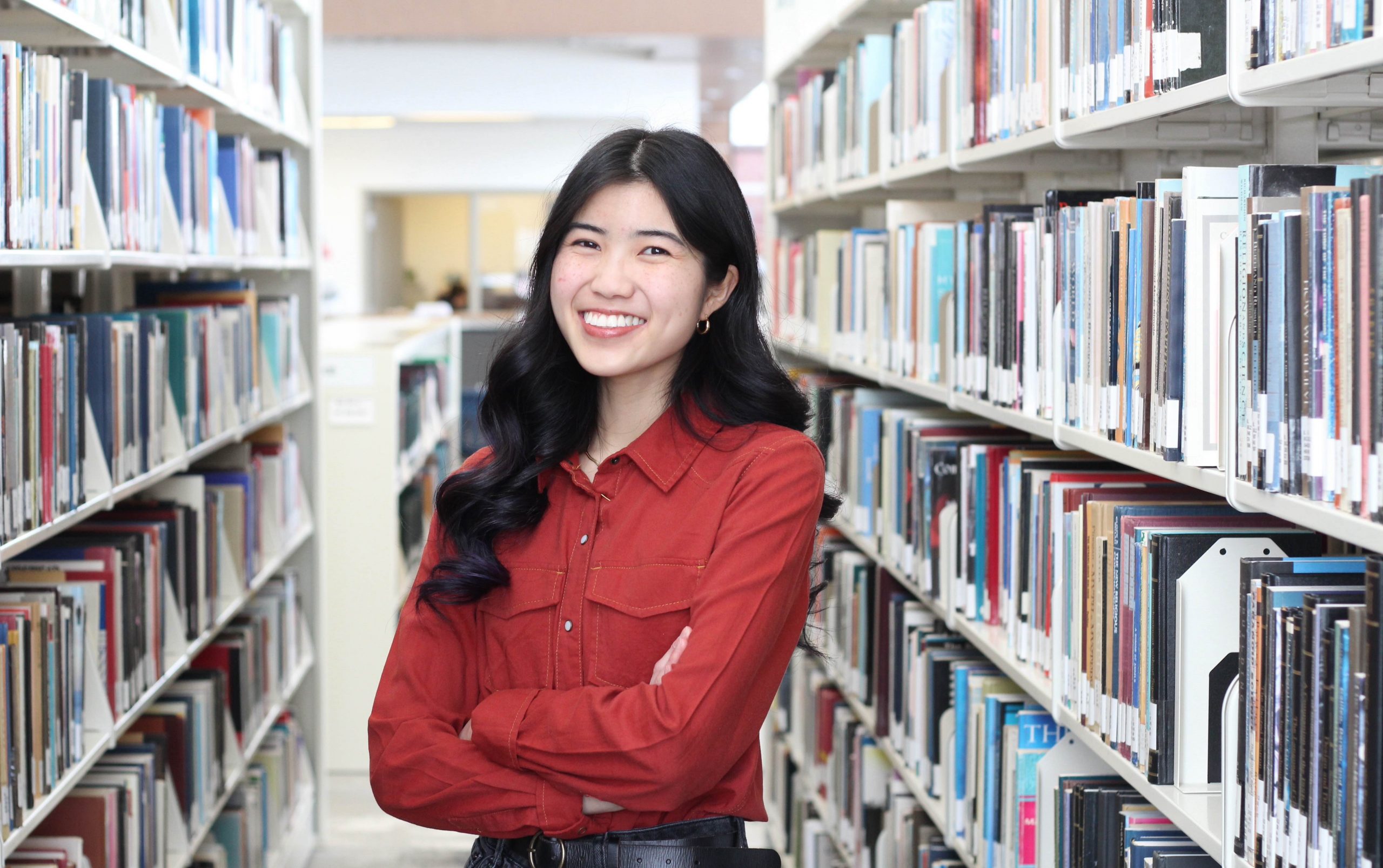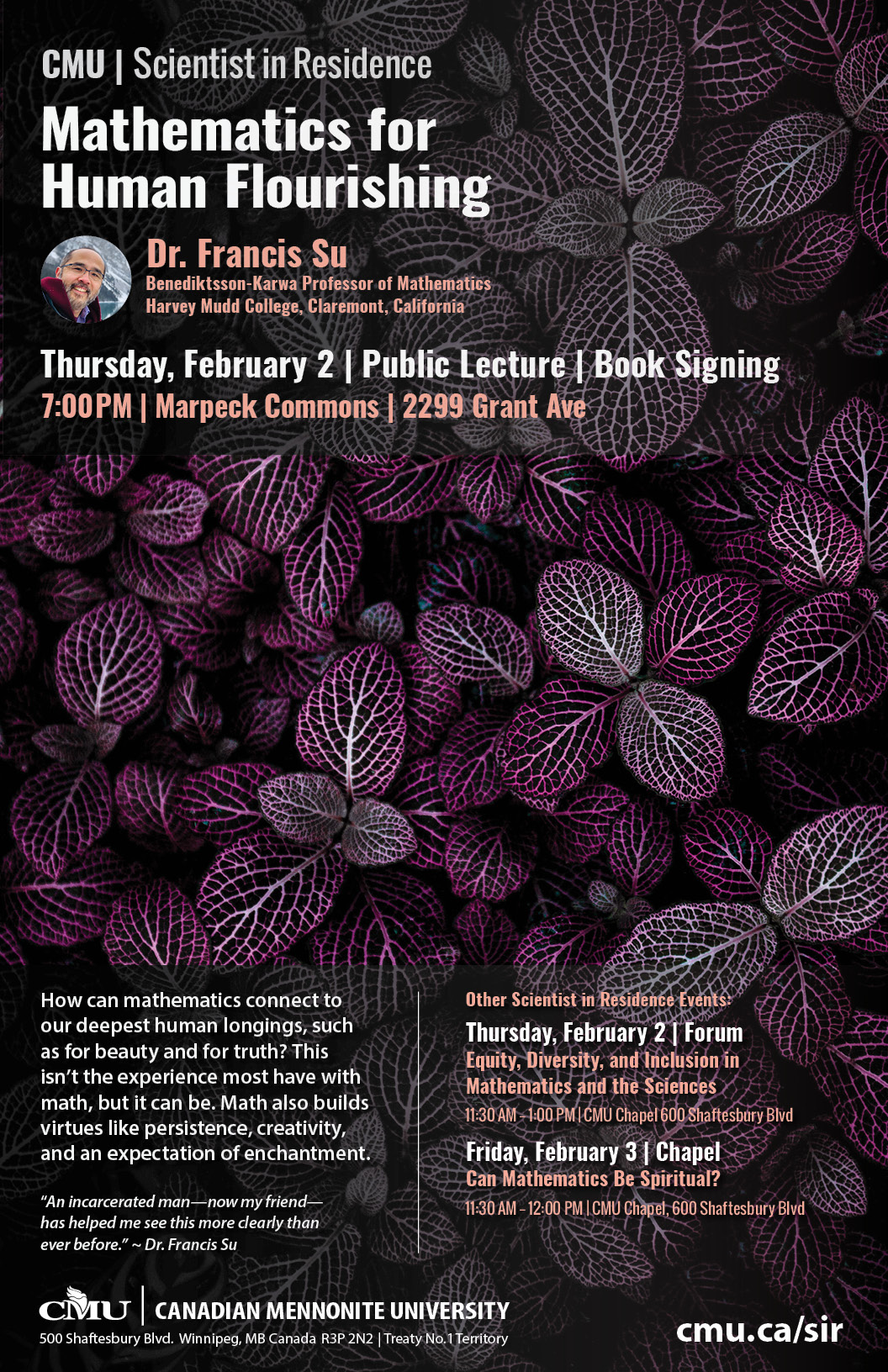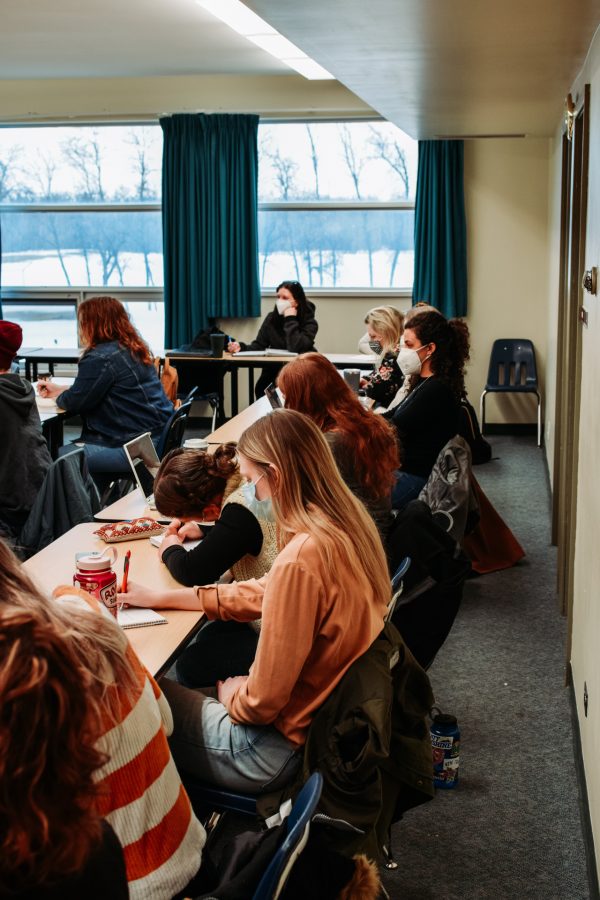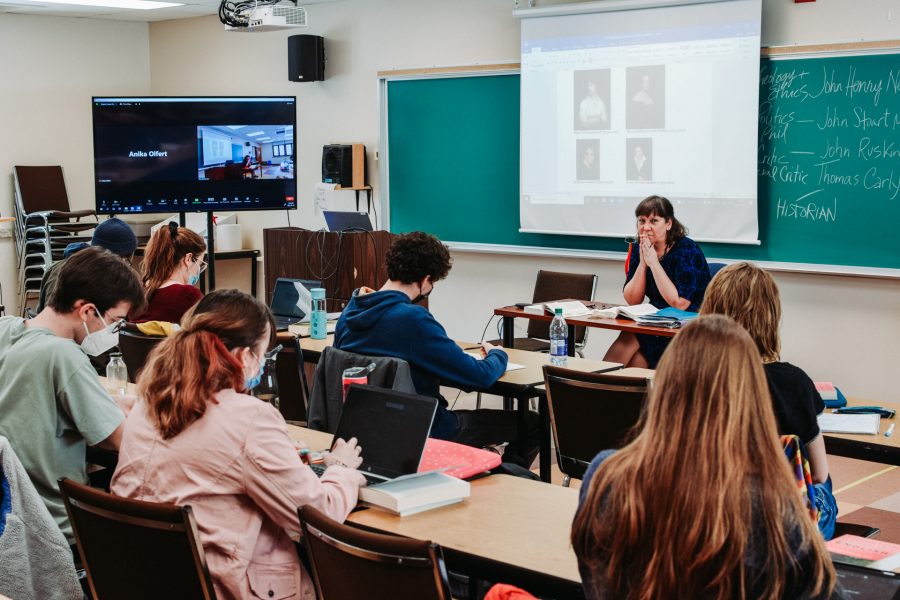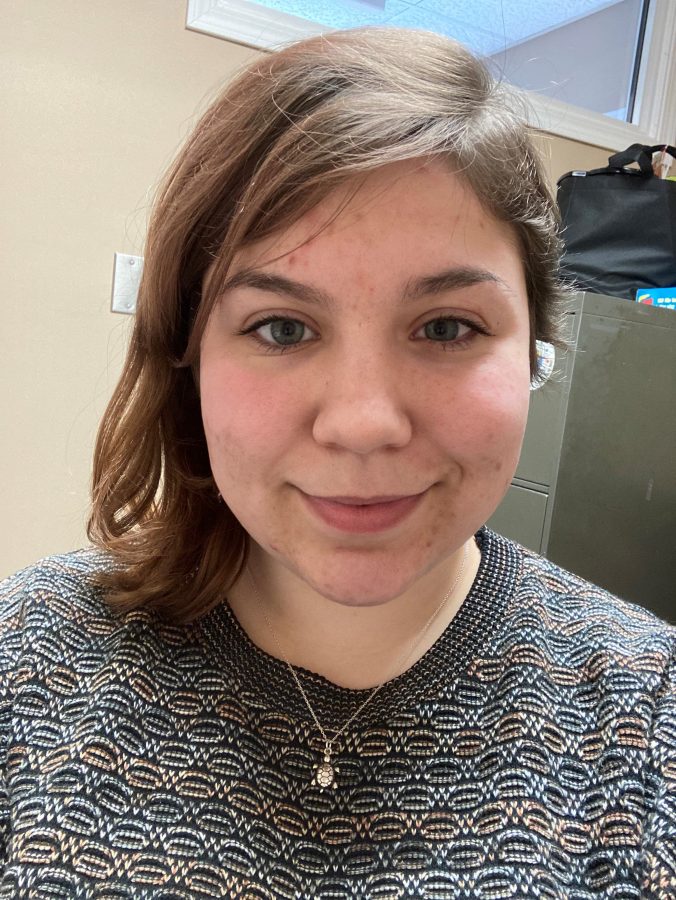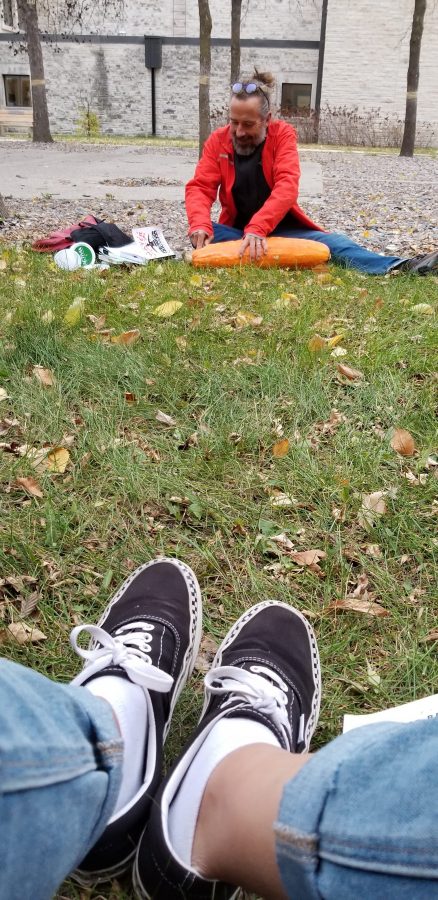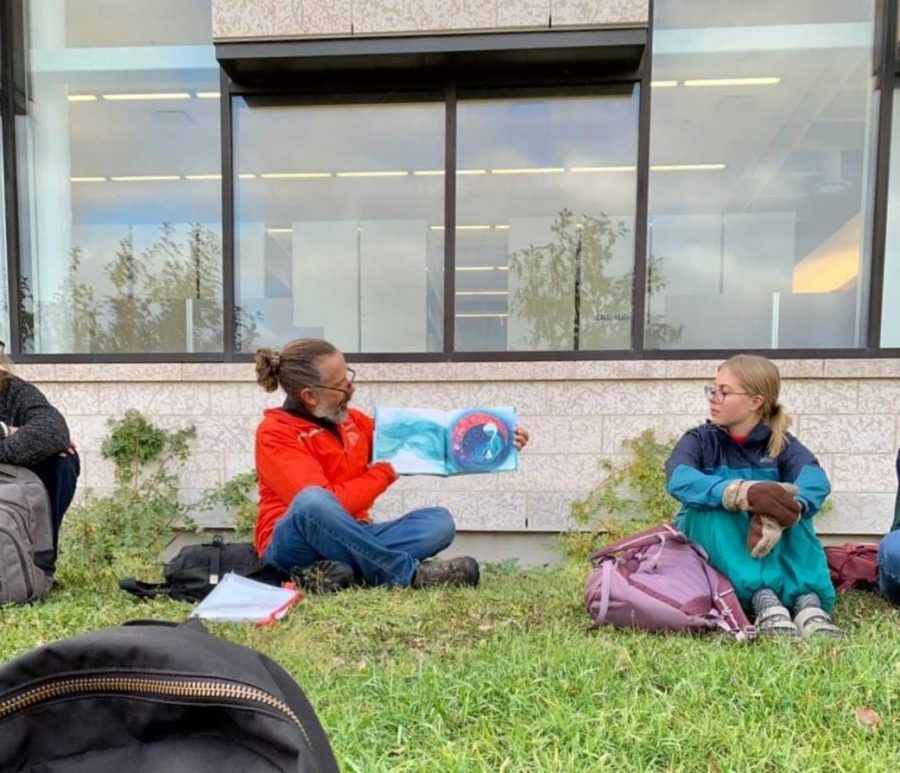I honestly don’t know ‘why CMU?’

I am an out-of-province student from Ontario. Since CMU is a small university, you might think it’s not heard of in other provinces, much less the world. You would be mostly correct from my experience. I had not known that CMU existed until my mama’s friend mentioned that one of her daughters went there. At that point I hadn’t even decided if I wanted to apply for post-secondary education yet or take a gap year. I knew that eventually I wanted to go and be the first person in my immediate family to go to university, but I had no direction for that desire.
My high school’s guidance counsellors had been breathing down our necks, encouraging us seniors to apply for anything, really, as long as we applied. Apparently in the last few years there had been a decline of students going into post-secondary education, and the guidance department had made it their mission to get that percentage up that year. As this was during the pandemic, I can’t say I’m surprised with that outcome.

Nevertheless, I applied to CMU and only to CMU, after researching possible programs and classes. Looking back, I would say there was a nudge there, as I never really second-guessed my decision to apply. I don’t really have a name for that nudge—it could have been God, or just a gut feeling. I knew that if I got in, I would have to move to another province, and while that was certainly daunting, it was very much a problem for future me. The fact that CMU was a smaller, Mennonite-founded school, and cheaper than almost everything in Ontario, definitely sold it to my parents. The process was scary, but listening to that nudge gave me a great beginning to a new chapter of life.
Obviously, I am now a student here at CMU, in my second year and loving it. The decision to move here, away from anything familiar, was hard; it still is sometimes. Now that I have a year under my belt, I can reflect back and say it was one of the best decisions I have ever made.
The start of my first year was tough. It was hard making friends and settling into a whole new world, rising to a more challenging academic level and having my life so uprooted. That was when the doubt grabbed me. But living in residence brings the community right in front of you. Eventually I stepped out of my comfort zone and found confidence to make friends and develop a life here. That led to self-discoveries and the first steps to becoming an independent adult without my life and community back in Ontario, to really figure out who I am away from all the same influences.
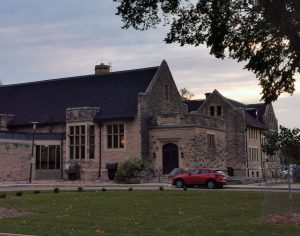
Coming to CMU has given me a new perspective on life and changed my life quite literally and philosophically. The academics made me realize how much I love learning when it’s something I actually care about, and the classes are small and interesting enough to keep me engaged and on top of things. (That isn’t to say I don’t procrastinate. I am still a student, it’s part of our ramen-fueled bodies!) So that’s why I stayed. I found a place that feels like home away from home, that allows me to be who I am and be a student dedicated to something I enjoy learning.
Sometimes if we aren’t totally sure of what we’re doing, what’s going to happen, or if the direction we’re taking is the best one, the future has a way of surprising us. And then maybe that unknown future could be one of the best things that helps you become you.
Cloe Penner is a second-year Bachelor of Arts student, majoring in history.


